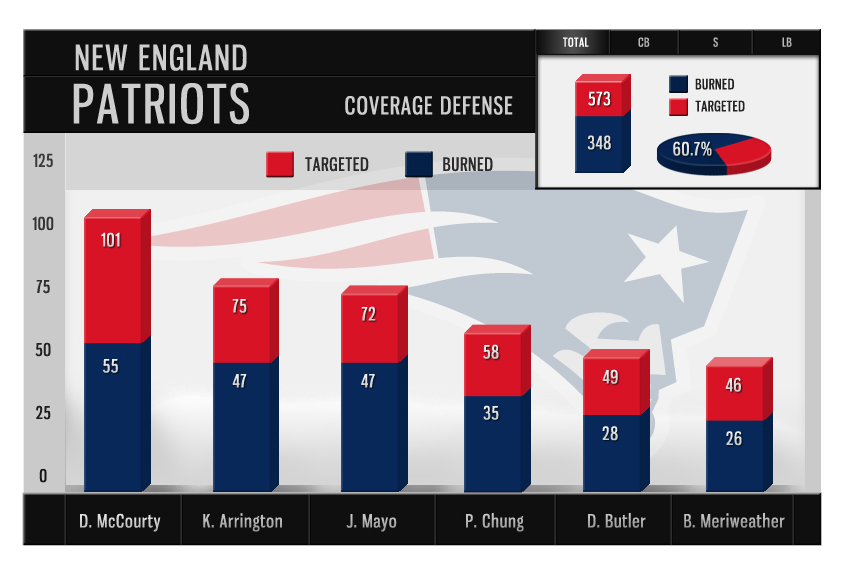Much like Moneyball in the MLB, advanced statistics are revolutionizing the NFL. One company is leading the charge, and after speaking with its executives, I'm convinced football will look very different in a few years.
The chess game
STATS LLC, a joint venture between the Associated Press and News Corp (NWS +0.84%) (NWSA +1.73%), is involved in the analytical footprint of nearly every sport on the planet. From baseball to golf to football, the company is a stat geek's dream.
I recently picked the brain of its senior VP of sports solutions, Brian Kopp, who compared football to a chess match. Despite the game's strategic nature, he said, "there's very limited information" -- something STATS is working to change.
Seven years after the Oakland A's use of unconventional wisdom swept baseball by storm, the 2009 New Orleans Saints began to mesh analytics with game planning and personnel decisions.
John Pollard, another STATS executive, told me that at that time, there still "wasn't a comfort level" associated with any type of math in the NFL, but that's changed in recent seasons. The company is now partnered with a dozen NFL teams, and more are on the horizon.
The advanced stats
Its X-Info system bundles an array of statistics -- burned defenders, play direction, protection time, handoff type, and QB pocket location are a few -- and as Pollard emphasizes, teams are taught how to interpret them. The percentage of times a defender is beaten, or burned, with a pass "got people's attention [because it reveals] who teams should attack," he told me.

A sample graphic detailing "burned defenders" on the New England Patriots. STATS LLC, X-Info.

A 20-camera SportVU setup, which tracks the motions of players, has been tested at Green Bay's Lambeau Field. Pollard says more in-game tracking is "imminent." Image via Jeramey Jannene, Flickr.
The NFL has undergone a crash course in stats over the past few years, but it's only the first step. A handful of teams have begun to use GPS chips to track players during practice and games. Much in the same way STATS is using SportVU to record NBA players this year, motion tracking technology adds yet another new dimension to football analytics by monitoring everything from a corner's reaction time to a running back's burst through the line.






